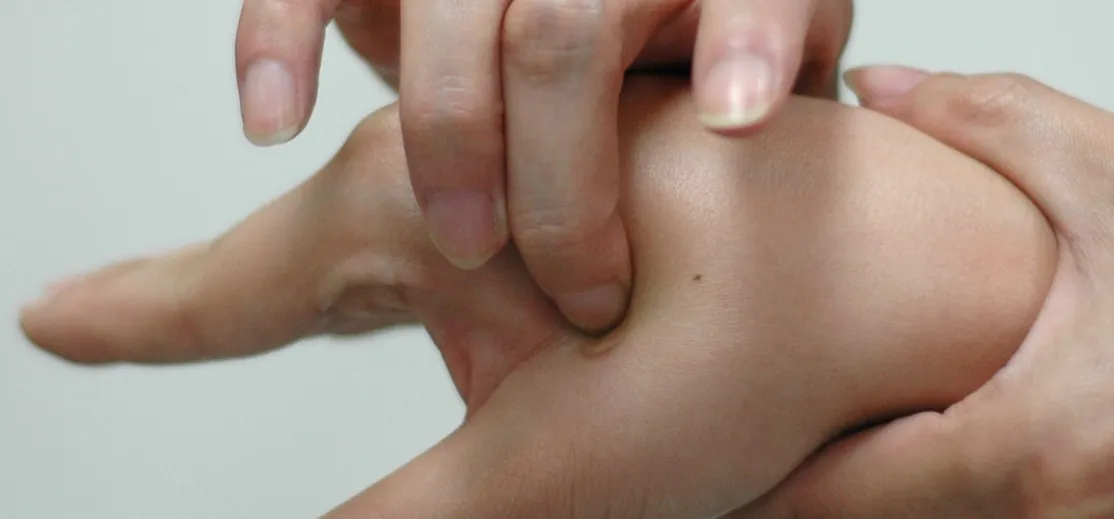Look away from this screen and try to remember the sound of your childhood hero's voice. Did you do it? Do it again, and this time pay attention to your eyes.
There's a good chance your eyes stayed centered as you decided on who your hero was, moved slightly up and to your left when you visualized them, and then moved slightly down and to your right when you imagined their voice.
I know this not because I've hacked your webcam, but because your eye movements are intimately tied to certain areas of your brain. Let's use this fact, along with our previous tips on spotting liars, to access other people's thoughts.
Practice on Yourself First
Before going into any details, test your own eyes and get an understanding of how they're connected to your thoughts. Address the following and take note of even the slightest eye movements up, down, or to the side.
- What did your worst haircut look like?
- What will your city look like in twenty years?
- What's the most annoying '80s song and how does it sound?
- Write a jingle in your head.
- Have a short conversation with yourself.
- Imagine the feeling of a warm bed on a cold day.
The first two questions likely sent your eyes upwards, while questions three and four moved them to the side, and the last two cast your eyes downward.

This graphic shows you how to access eye cues while looking at someone. Remembering images moves their eyes to their left, but to your right when you're facing them.
#1. Upper Left - Visual Memory
Unless the memory is immediately available, someone's eyes looking to their upper left tells you that they are accessing an image of something from the past. This is a familiar position for those who are visual learners and rely on a visual memory.
#2. Upper Right - Visual Construction
Eyes looking up and to the right indicate that the person is constructing a visual image in their mind. People who are lying will look in this direction as they fabricate mental images. Of course, Samuel L. Jackson explains it best.
#3. Lateral Left - Sound Memory
When your dad tries to remember the punchline of a terrible joke, his eyes are probably looking to his lateral right. This direction indicates that a person is trying to recall a sound from the past.
You can use this to assess whether or not someone is reciting lines when they claim to be sincere. Children often look in this direction, for example, when they're repeating the political and religious rhetoric of their parents.
#4. Lateral Right - Sound Construction
If someone is lying about a conversation they claim to have had, they'll look to their lateral left. This direction indicates the creation of sound.
#5. Lower Left - Inner Dialogue
The devil isn't really on your shoulder, he's on your left collarbone. If someone is having an internal debate, they'll likely glance to their lower left. This area indicates a person is deep in thought or questioning.

Emperor's New Groove/Disney
#6. Lower Right - Kinesthetic/Feeling
Remembering the feeling of something will push our eyes to our right. Don't believe me? While your eyes are closed, move them to the upper left and try to imagine the feeling of fur. The try it with your eyes to the lower right. Which one feels less awkward?
The Potential Complications
Obviously this method of prediction is not foolproof. Eyes are rarely held static in one position. Environmental stimuli like noise and light will influence the direction of eye movement, as will the pressure to maintain steady eye contact in a conversation. Instead, look for repeated "flickering" to any side.
Preferred Representational Systems
Every individual has a preferred way of representing information in their mind, which will influence the direction of their eyes. Some prefer visual images and others prefer sound.
If you ask someone to describe what they saw, for example, they will access their memory of the image (eyes to their upper left), but may also construct a description of the image in their head (eyes to the lateral right).
Cover image via Shutterstock






























Comments
Be the first, drop a comment!